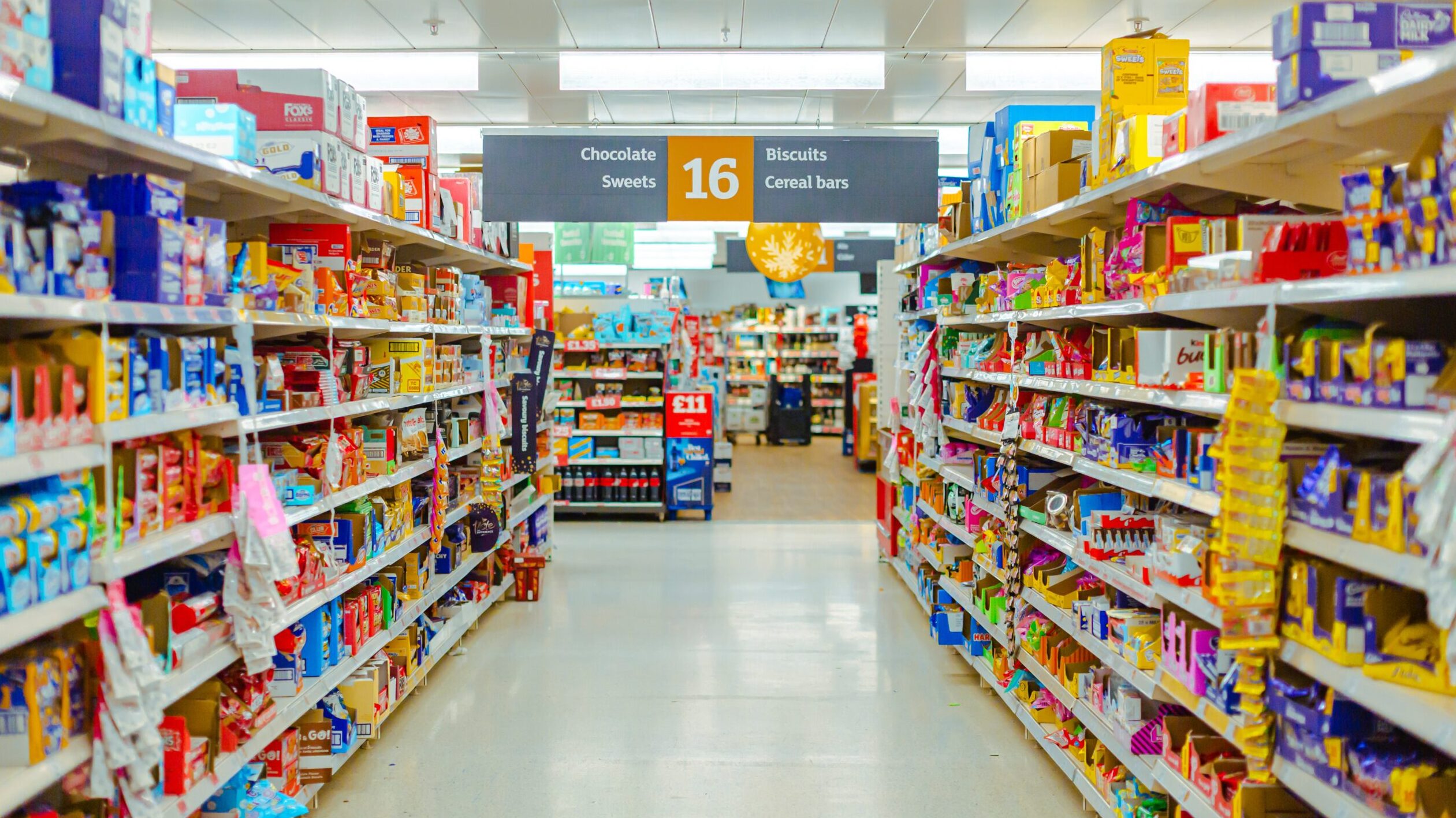Christmas season is in full swing at the food bank. Our sessions are busy, with high levels of new guests alongside the large existing guest base that has built up through the year. Thankfully we’re able to meet this demand. After a difficult year, with donations generally dwindling, in December things have picked up again.
We’re benefiting from numerous seasonal fundraising initiatives including raffles, street collections and our own Reverse Advent Calendar. Our inbox is full of generous offers from local companies and community groups with bright ideas and a willingness to give time and money to support us. Every single one of these contributions is greatly appreciated, especially given January 2024 looks set to be bleaker than ever.
Change a Big Issue vendor’s life this Christmas by purchasing a Winter Support Kit. You’ll receive four copies of the magazine and create a brighter future for our vendors through Christmas and beyond.
But as welcome and necessary as these contributions are, they come with a sense of unease. Supporting your local food bank has clearly made its way onto Christmas to do lists but does this kind but fleeting seasonal interest in food banks further institutionalise them as a response to poverty?
At least the initiatives from the local community are well-intentioned. Unease really sets in with the numerous corporate campaigns focused on food banks at Christmastime. Most supermarkets have a Christmas food bank campaign, encouraging shoppers to buy extra items. There are even point-of-purchase shelf stickers stating items are “perfect for your food bank”. The scale of supermarkets’ Christmas campaigns only accelerates the normalisation of food banks in our society.
There’s no doubt that donations from festive marketing will help food banks like ours. But money will also be building up supermarket profits too. What if supermarkets prioritised paying their own workers adequately, so they don’t need to turn to a food bank? Supermarket employees are regular attendees at food banks.





